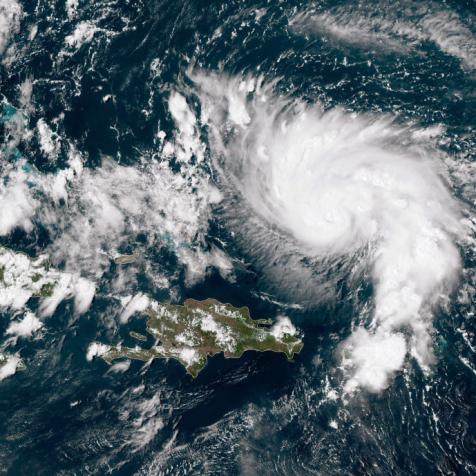
Getty Images
Here's What a Chance of Rain Really Means
Forecasting rain involves lots of probabilities and complicated math.
Pop quiz: You're planning a picnic and the weather forecast calls for a 60 percent chance of rain. How likely is it that it'll rain on your picnic? If you don't know, you're not alone. "Chance of rain" is a much more complicated concept than you might think.
Under My Umbrella
In 2015, The Washington Post polled its readers on their knowledge of weather forecasts. Most readers believed that if the forecast calls for a 60 percent chance of rain, that means that it will rain across 60 percent of the area tomorrow. This is a common belief, but it's only half right. In reality, the chance of rain, or probability of precipitation (POP), is based on a mathematical formula that takes the forecaster's confidence into account. That formula is as follows:
POP = Coverage x Confidence
To use a very simple example, if a forecaster is 100 percent confident that 40 percent of a given area will see measurable rain, the POP is 40 percent. Of course, 100 percent confidence almost never happens in science, so the formula is often more complicated. What if a forecaster is 50 percent sure that rain will occur and expects that, if it does occur, 80 percent of the area will get that rain? 50 percent of 80 percent is 40 percent, so the POP is 40 percent.
An Easy Rule of Thumb
This might sound complicated, and that's because weather deals in probabilities and probabilities often require complicated math. The good news is that the average person doesn't need to get out a pencil and paper every time they read the forecast. According to the National Weather Service, if you see a 40 percent chance of rain, "there is a 40 percent chance that rain will occur at any given point in the area."
This article first appeared on Curiosity.com.


















